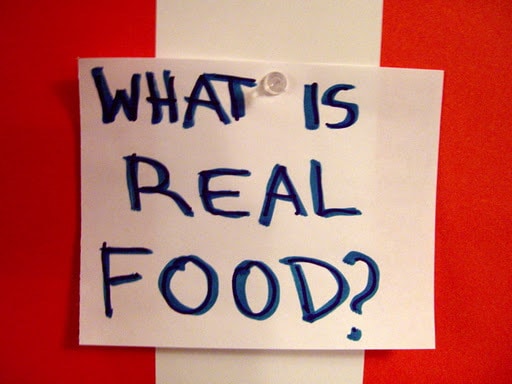If you're at all concerned about your health—whether you want to gain health or maintain it—nutrition is paramount. In fact, your diet accounts for about 80 percent of the health benefits reaped from a healthy lifestyle, with the remaining 20 percent from exercise. So what makes for a nutritionally sound diet? First and foremost, a healthy diet is based on fresh whole, preferably organic foods, and foods that have been minimally processed.
These are the signs of high-quality, health-promoting foods you'll want to look for when grocery shopping:
- It's grown without pesticides and chemical fertilizers (organic foods fit this description, but so do some non-organic foods)
- It's not genetically engineered (GMOs)
- It contains no added growth hormones, antibiotics, or other drugs
- It does not contain any artificial ingredients, including chemical preservatives
- It is fresh (keep in mind that if you have to choose between wilted organic produce or fresh conventional produce, the latter may be the better option)
- It did not come from a concentrated animal feeding operation (CAFO)
- It is grown with the laws of nature in mind (meaning animals are fed their native diets, not a mix of grains and animal byproducts, and have free-range access to the outdoors)
- It is grown in a sustainable way (using minimal amounts of water, protecting the soil from burnout, and turning animal wastes into natural fertilizers instead of environmental pollutants)
If the food meets these criteria, it is most likely a wise choice, and would fall under the designation of “real food,” which is the very foundation of good health.
* These statements have not been evaluated by the Food and Drug Administration. The product mentioned in this article are not intended to diagnose, treat, cure, or prevent any disease. The information in this article is not intended to replace any recommendations or relationship with your physician. Please review references sited at end of article for scientific support of any claims made.




















Share: